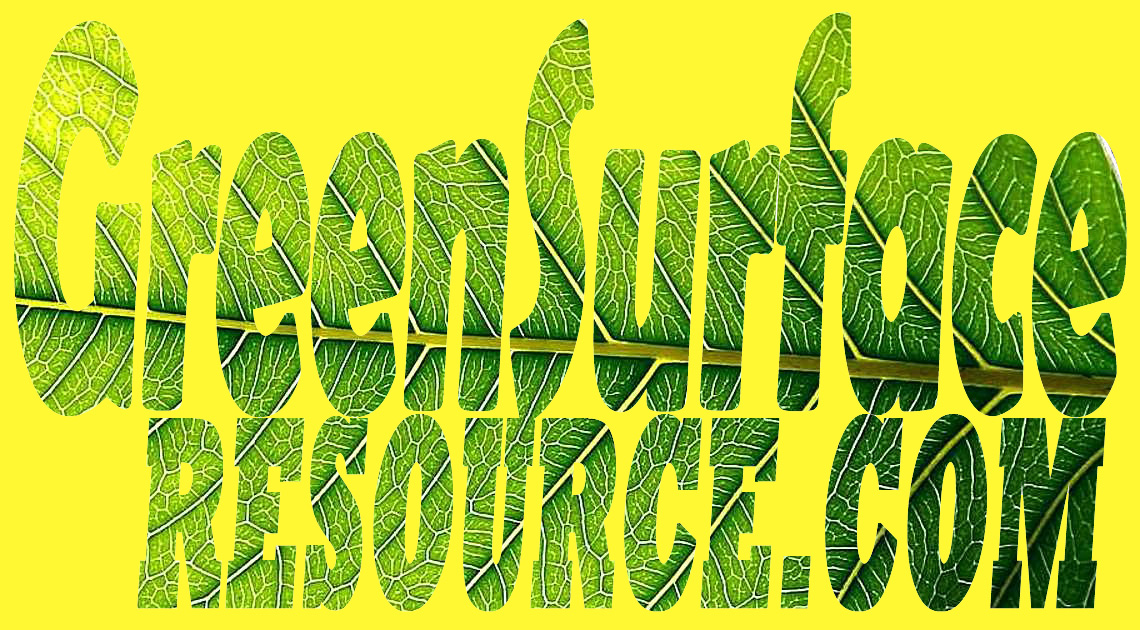Natural Stone Institute Takes Ownership of Natural Stone Sustainability Standard

Ownership of the ANSI/NSC 373 Sustainable Production of Natural Stone standard has officially transferred from the Natural Stone Council to the Natural Stone Institute.
First issued in 2014, the Natural Stone Sustainability Standard establishes criteria and methods for tracking, measuring, and improving sustainability in the production of natural stone. Since its initial development, the Natural Stone Council has maintained the standard and updated it to ensure continued relevance in the green building space.
Duke Pointer, Executive Director of the Natural Stone Council, commented: “The Natural Stone Council (NSC) is proud to hand off the Sustainability Standard for Natural Stone, ANSI/NSC 373, to the Natural Stone Institute. The NSC saw the need over 10 years ago for development of an industry standard and we committed the resources to complete and launch one. The Natural Stone Institute will now take the Natural Stone Sustainability Standard to the next level. We continue to offer our support in that effort.”
Since its initial development, NSF International has served as the program operator and auditor for the standard. The Natural Stone Institute has contracted with NSF International to continue supporting the implementation of the standard for the next three years. “The Sustainability Standard for Natural Stone, ANSI/NSC 373, includes well-defined environmental, ecological, social responsibility and human health metrics through a multi-stakeholder, science-based approach,” said Suzan Somo, Environmental Products Business Lead at NSF International. “Our team at NSF International is looking forward to working with the Natural Stone Institute to continue supporting the implementation of this stone standard. This standard helps quarry operators and stone fabricators assess their internal practices, drive efficiencies and attain preferred status in their markets as the building industry continues to value sustainable products and practices.”
The next step in the transfer process will be to re-engage the joint committee that maintains the standard. This committee includes a cross section of stakeholders including academia, designers and specifiers, building owners, stone producers, and related industry and sustainability experts. They will be responsible for ensuring the standard remains relevant with contemporary practices, technology, governance, and related standards.
The Natural Stone Institute has also been working with a set of industry stakeholders to identify sustainability goals and strategies, including:
- Guide quarriers and fabricators through the benefits and process of certifying to the Natural Stone Sustainability Standard.
- Expand the relevance of the standard through a companion EPD program.
- Position natural stone as a desirable solution to satisfying green building goals.
- Arm the natural stone industry with knowledge and tools needed to tell the sustainability story.
“We’ve been working with the Natural Stone Council prior to, and during, this transition to identify ways to build relevance and awareness for both the Sustainability Standard and the concept of using natural stone to satisfy green building goals. A few key things we hope to accomplish include: developing industry average EPDs, organizing a CEU blitz to educate the design/build community, and organizing more extensive guidance for companies completing the certification process,” says Michael Picco (PICCO Engineering), 2021 Natural Stone Institute board president.
To learn more about the Natural Stone Sustainability Standard and join the new sustainability mailing list, visit www.naturalstoneinstitute.org/sustainability.


Recent Comments